New car brands to look out for in 2025 and beyond
Tuesday 25th March 2025
Last updated: 22nd October 2025

The last few years have seen an unprecedented number of new car brands entering the UK market for the first time. Some have gone from strength to strength, while others have hit more than a few bumps on the road.
The majority of these new brands are focused on producing battery electric vehicles. This is hardly surprising, given the impending ban on new petrol and diesel only cars, but there is more to it than that.
Traditional car manufacturing requires complex supply chains for engines, transmissions, and fuel systems. On the other hand, with so few moving parts, the simplified production process for EVs makes it easier for start-ups to compete without needing to match decades of ICE expertise.
The enhanced speed of development is well explained by William Li, founder and CEO of EV specialists Nio, who says that “in China, it takes 24 months to develop a car. Any longer than that and you’re behind, and if you’re not producing software updates every quarter, the user may give up on you too.”
Let’s take a look at what you can expect to see over the next few years.
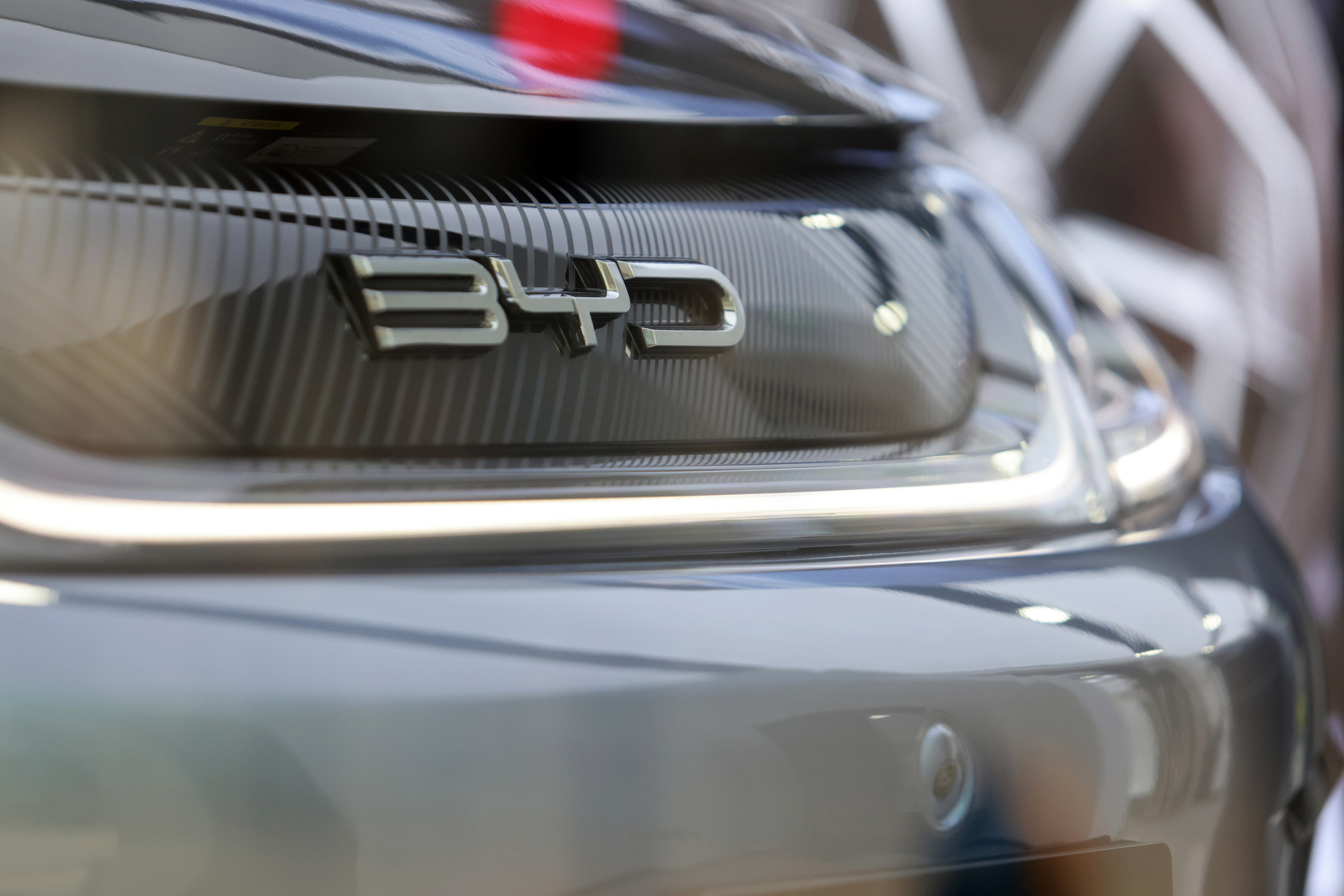
BYD (Build Your Dreams)
Having started out as a battery manufacturer, BYD launched their innovative Lithium Iron Phosphate (LFP) Blade Battery in 2020 and have since partnered with major automotive brands such as Toyota, Mercedes, Ford, and Tesla. They are also an established force in battery energy storage solutions and the world’s first electric bus manufacturer, with over 2,000 vehicles in operation across the UK.
Although relatively new to the UK car market, BYD is China’s largest electric car manufacturer, with global car sales of over 4 million vehicles in 2024, outselling Tesla by more than two to one. Here in the UK, they sold just under 9,000 new EVs last year and while that might not sound like a particularly big number, it represents a 658% growth since their 2023 UK launch.
Starting with the ATTO 3 compact SUV, they have since expanded their offering to include an all-electric hatchback (Dolphin), saloon (Seal) and a new mid-size SUV (Sealion).
Steve Beattie, Sales and Marketing Director at BYD UK, recently said that the company “aims to bring high-tech and high-value cars to UK customers” and their financial strength and commitment to the UK market means we can expect to see many more BYD cars on the road in the years to come.
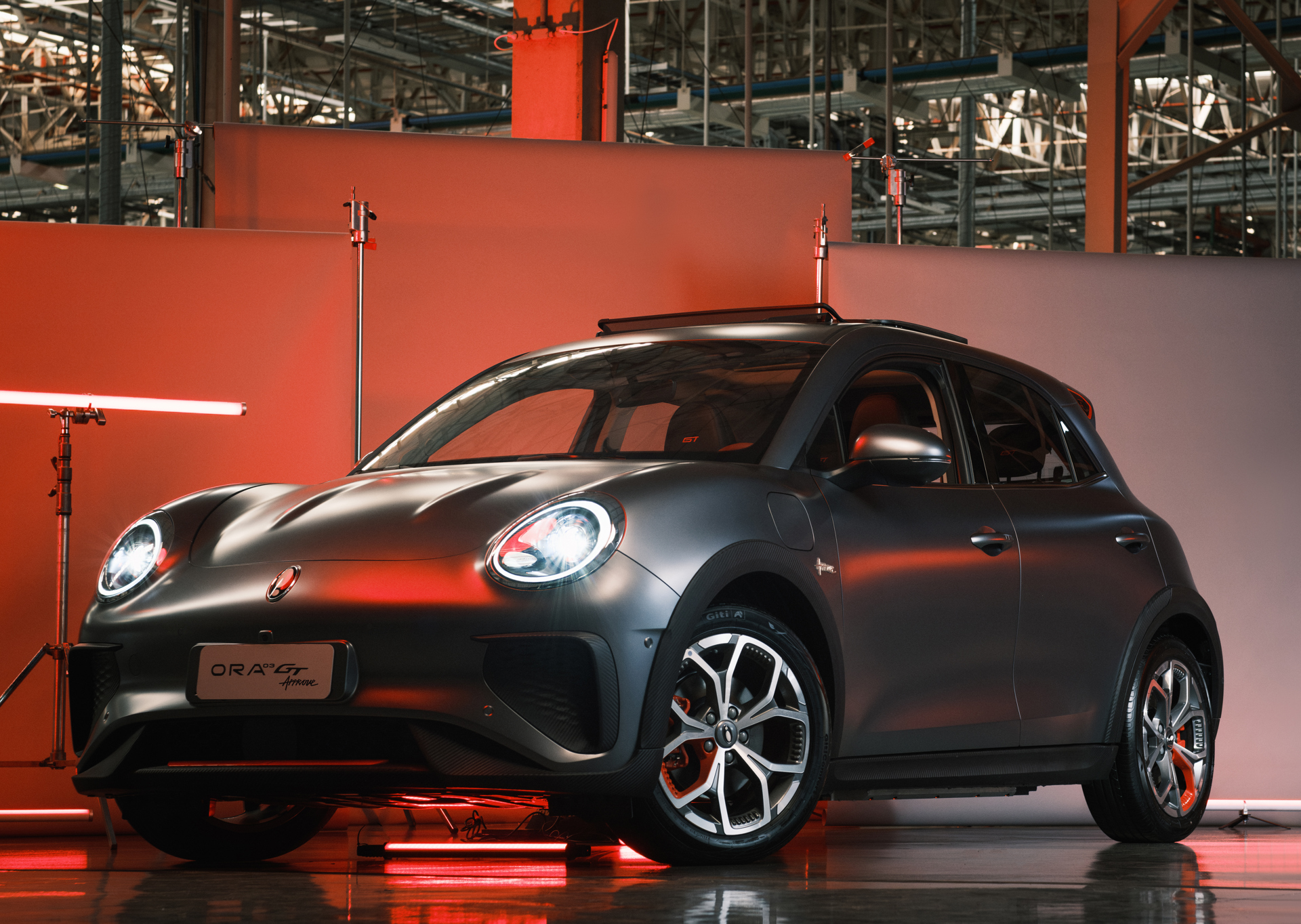
GWM (Ora)
Another Chinese brand that’s recently launched in the UK is GWM Ora, makers of the rather wonderfully named, all-electric, Funky Cat. Although a global brand alignment strategy means that they have simplified the core brand to just GWM and renamed the Funky Cat to Ora 03.
The recently launched mid-sized hybrid SUV known as Haval Jolion Pro, is described by the GWM UK managing director, Toby Marshall, as a “very competitively priced, and well specified petrol hybrid car, for those that want to make their first step toward electrification.”
Parent company Great Wall Motor (GWM) employs 70,000 people across the world and has been exporting vehicles for more than 25 years. They currently have five model lines: Ora, Haval, Wey, Tank and Poer. The Wey is a high-performance SUV with a plug-in hybrid (PHEV) powertrain, the Tank is a luxury 4X4 SUV, and the Poer a 4x4 pickup. Whether these models will ever make it to the UK isn’t clear but their current goal of selling 5,000 Ora 3 cars a year means we can expect to see steady growth rather than market dominance.
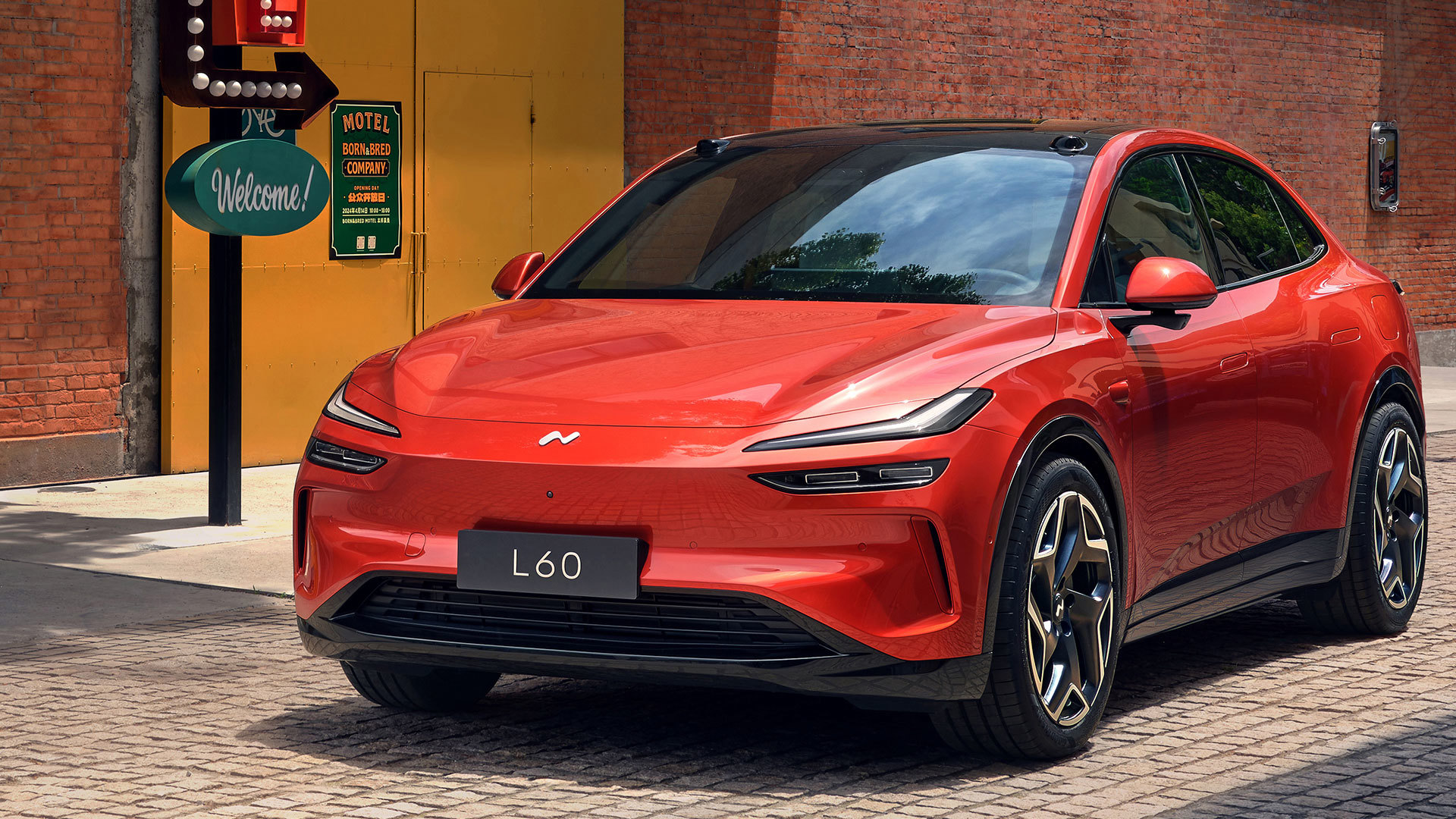
Nio
Chinese EV manufacturer Nio was founded in 2014 and describes itself as ‘a user enterprise where innovative technology meets experience excellence’. Speaking in May 2024, CEO William Li announced they were hoping to launch their mainstream brand, Onvo, and a budget market offering under the name Firefly.
With the EU levying an import tariff of up to 35%, in addition to the existing 10%, the UK is seen as a great opportunity to launch their Onvo L60 coupé-SUV. Positioned as a competitor to the Tesla Model Y, it’s currently sold in China at the equivalent price of £24,000. That said, the UK pricing is likely to be closer to £40,000.
Nio is perhaps best known for their innovative battery swap stations that enable drivers to exchange a depleted battery for a fully charged one in under five minutes. While this puts it on a par with refuelling a petrol or diesel car, it would require a significant amount of investment to create the necessary infrastructure across the UK.
Away from the cars themselves, NIO was recently involved in a legal fight over naming rights. In October 2021 the company name NIO Cars UK Ltd was registered under the Companies Act 2006. However, NIO Holding Co Ltd applied for a change of name stating that they were in no way connected with the Chinese car manufacturer.
In June 2024, the Company Names Tribunal ruled in favour of NIO Holding Co Ltd, determining that NIO Cars UK LTD had registered its name without a legitimate interest and was likely to mislead consumers by suggesting an association that didn’t exist. In response, the company altered its name to NIOCARSWONTSUCCEED LTD. Unsurprisingly, the Tribunal found this new name provocative and offensive, as it still incorporated the 'NIO' element and reflected the ongoing proceedings. Consequently, the Tribunal mandated another name change. The company eventually adopted the name ONIONISJUSTAWORDTOO LTD. It’s a strange world!
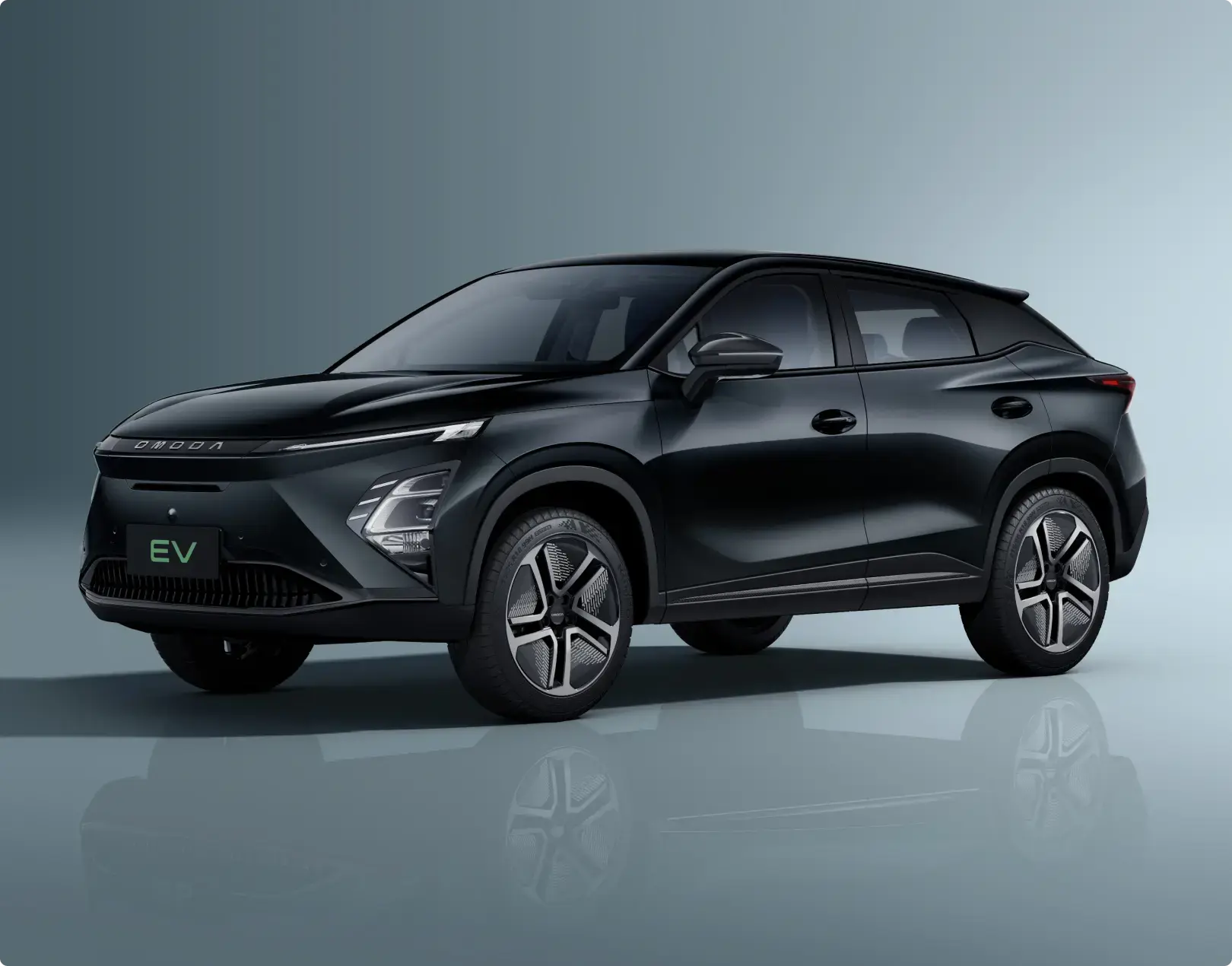
Omoda
Omoda may be new to the UK but their parent company, Chery, sold over 2.6 million cars in 2024. This means that, including sub-brands, their global sales have now topped 10 million vehicles.
Aiming to compete with established models such as Nissan Qashqai and Kia Niro, the Omoda 5 SUV is available with either a 1.6-litre four-cylinder turbocharged engine or a 61kWh battery capable of 257 miles on a single charge.
In line with many of the new Chinese brands hitting the UK market, a key selling point is the price, with the petrol version starting at just over £25,000 and the E5 coming in at £33,000.
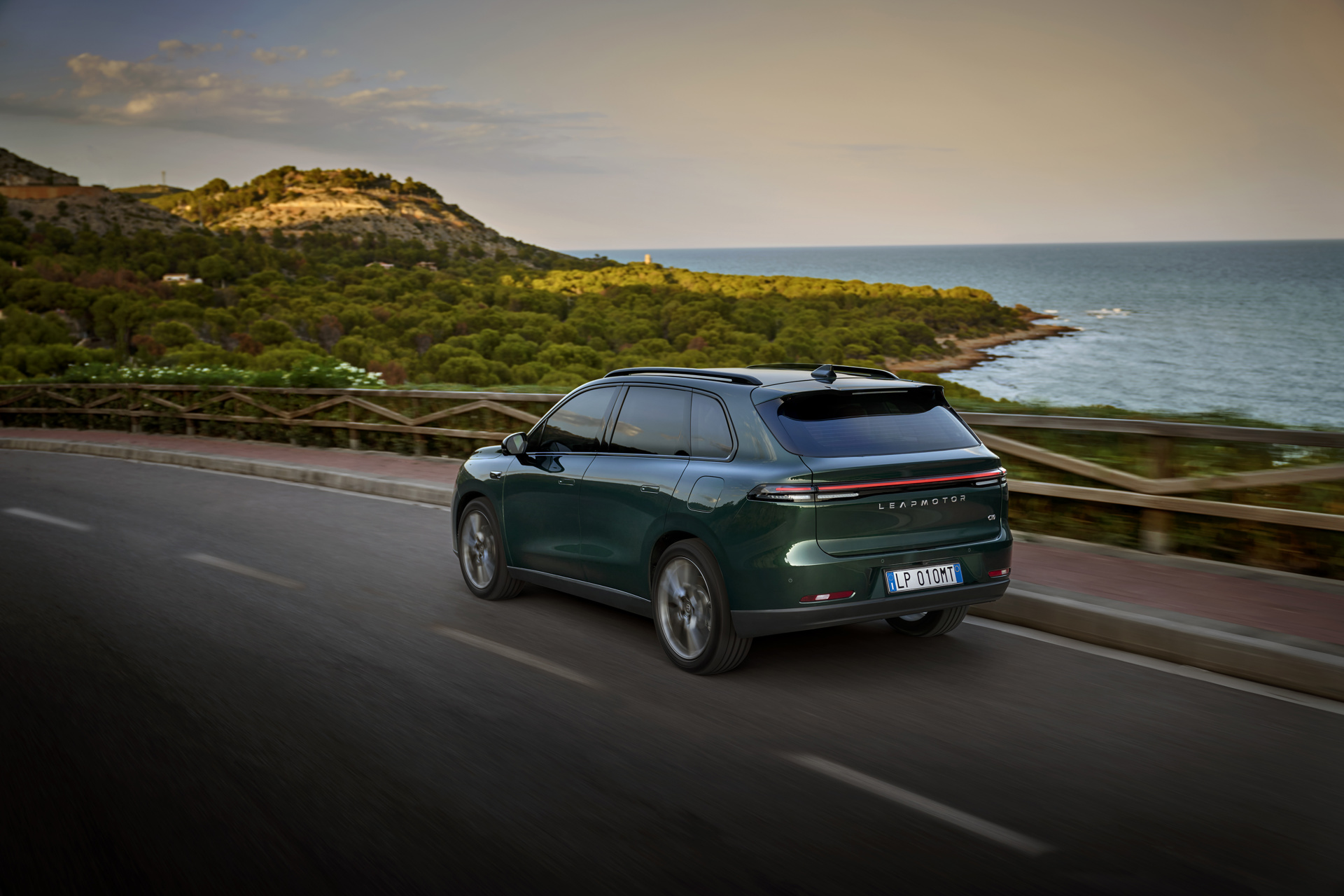
Leapmotor
Founded in 2015, Leapmotor is a technology-driven intelligent electric vehicle (EV) company, with a wide scope of business interests, including intelligent driving, electric motor control, battery system development, and cloud computing-based vehicle networking solutions. They were also the first to deliver mass-produced Cell-to-Chassis battery technology.
Having launched their first production car in 2019, the Chinese EV manufacturer caught the attention of global automotive giant, Stellantis, resulting in a joint venture that led to two new models for the UK market.
The Leapmotor C10 is an all-electric SUV with 261 miles of range and a starting price of £36,500. And for those looking for a budget urban EV, the T03 starts at just under £16,000
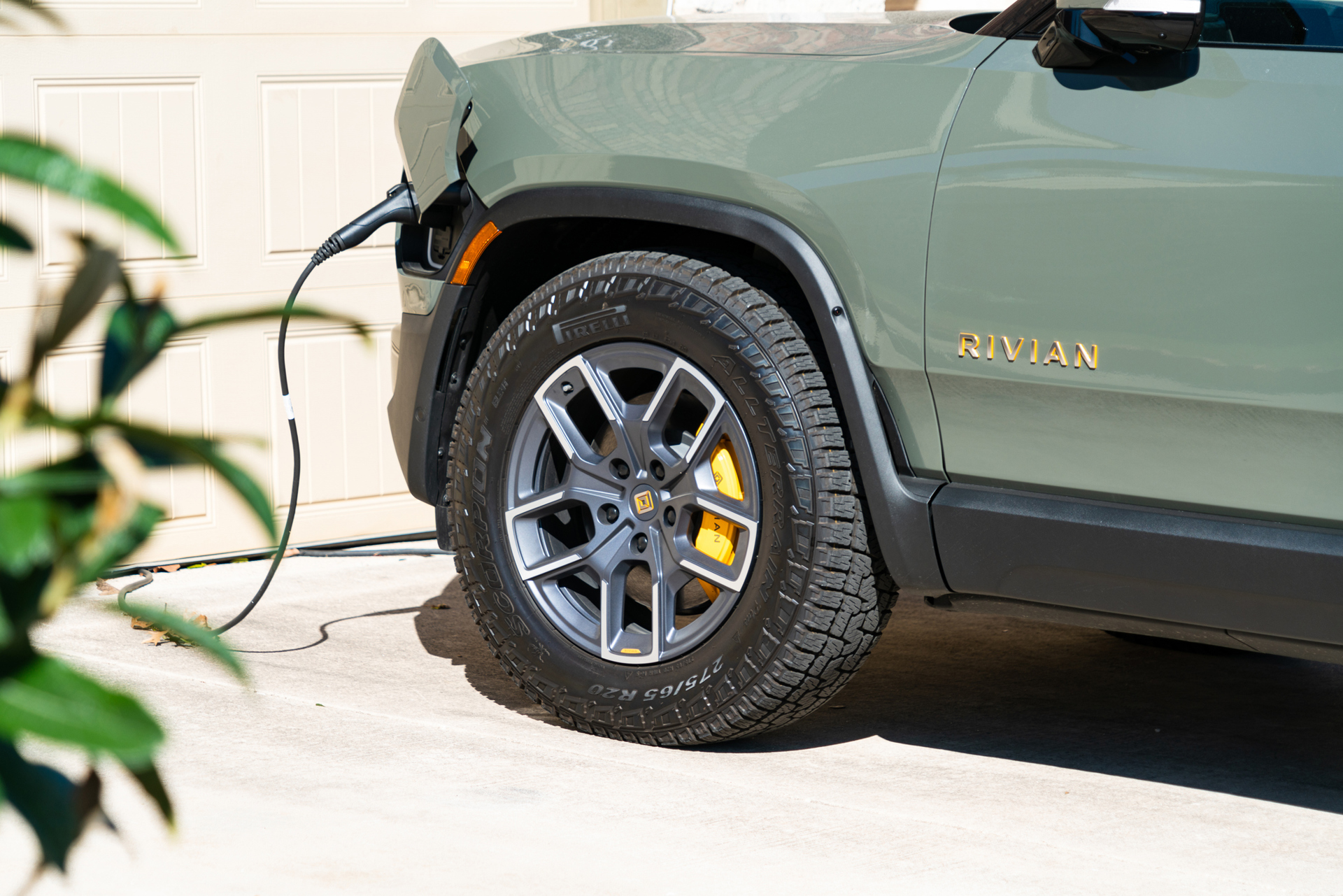
Rivian
Rivian is an American electric vehicle manufacturer specialising in pickups and SUVs. They describe themselves as a ‘network of offices, test labs, experience centres, service centres, charging stations and manufacturing sites, all interconnected by thousands of employees’.
Originally founded in 2009 as Mainstream Motors, they rebranded to Avera Automotive and finally settled on Rivian Automotive in 2011. The company initially focused on fuel-efficient sports cars but later pivoted to electric ‘adventure’ vehicles. Rivian gained significant attention in 2018 when it unveiled its first models, the R1T electric pickup truck and the R1S electric SUV, both of which officially entered production in 2021 at Rivian’s manufacturing facility in Illinois.
Rivian hit an important milestone in the fourth quarter of 2024, with their first quarter of positive gross profit. Rivian has been developing plans to launch across Europe but their R2 electric SUV is not expected until at least 2026/27.
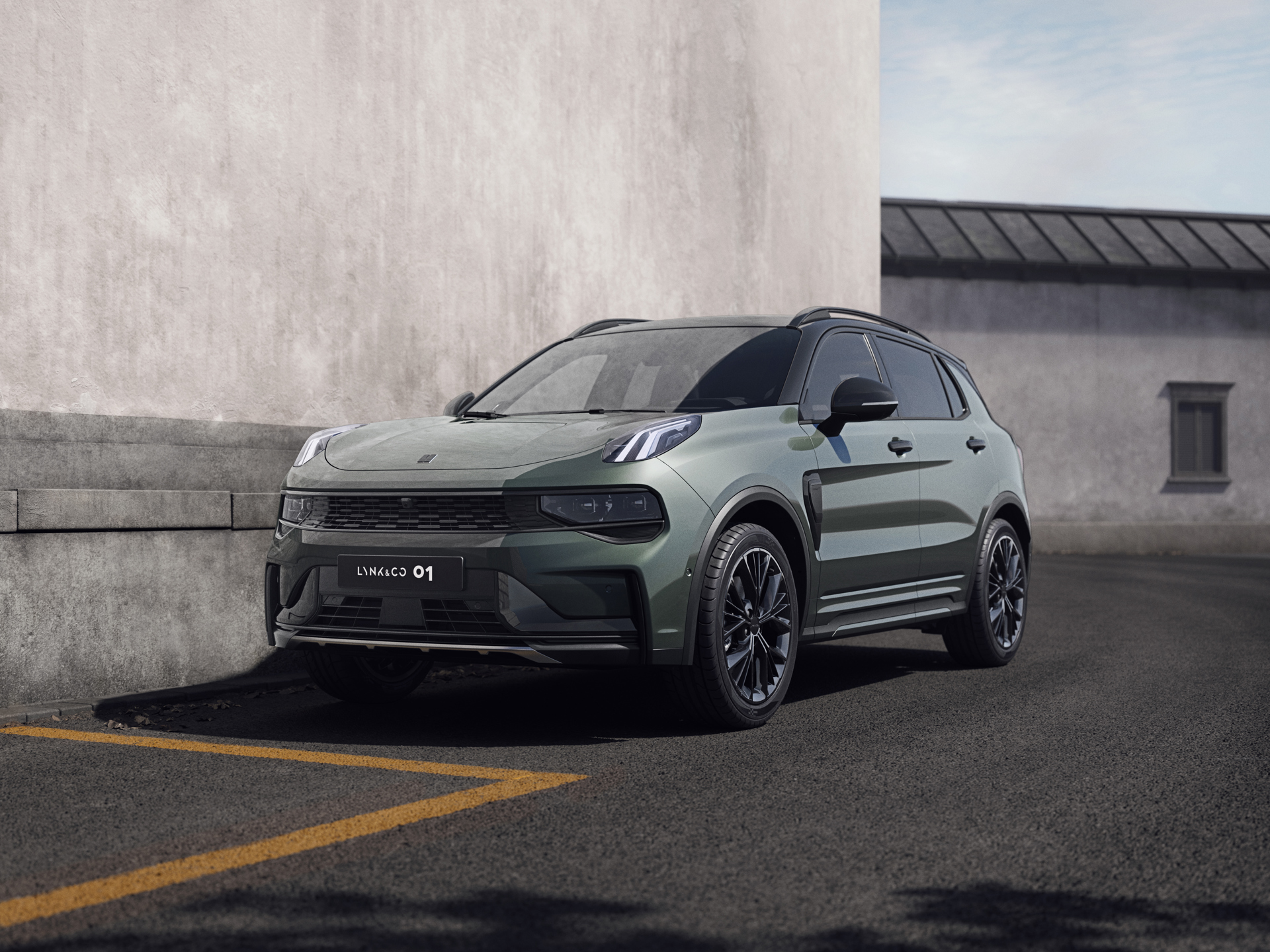
Lynk and Co
Established in 2016, the Swedish startup became part of a joint venture between China’s Geely Auto Group and Volvo Car Group in 2017, although the latter subsequently opted to sell their shares to Zeekr, and the business is now co-owned by Zeekr and Geely Auto.
Lynk and Co showcased their first production model, a compact crossover SUV known as the 01, at the 2017 Shanghai Motor Show. More concepts followed and the first all-electric model was shown at the 2020 Beijing Auto Show but, rather than being launched under the Lynk and Co name, it actually went on to become the Zeekr 001.
As indicated by innovative functions such as a share button that enables the owner to provide access to the vehicle via a shareable digital key that’s controlled by a smartphone app, or directly from the car, connectivity and innovation is very much at the heart of the Lynk and Co brand.
While they already have a strong presence in China, the original 01 and the electric 02 SUV are the only models to have made it to Europe, and it is not yet clear when we might see either of these, or something else entirely, here in the UK.
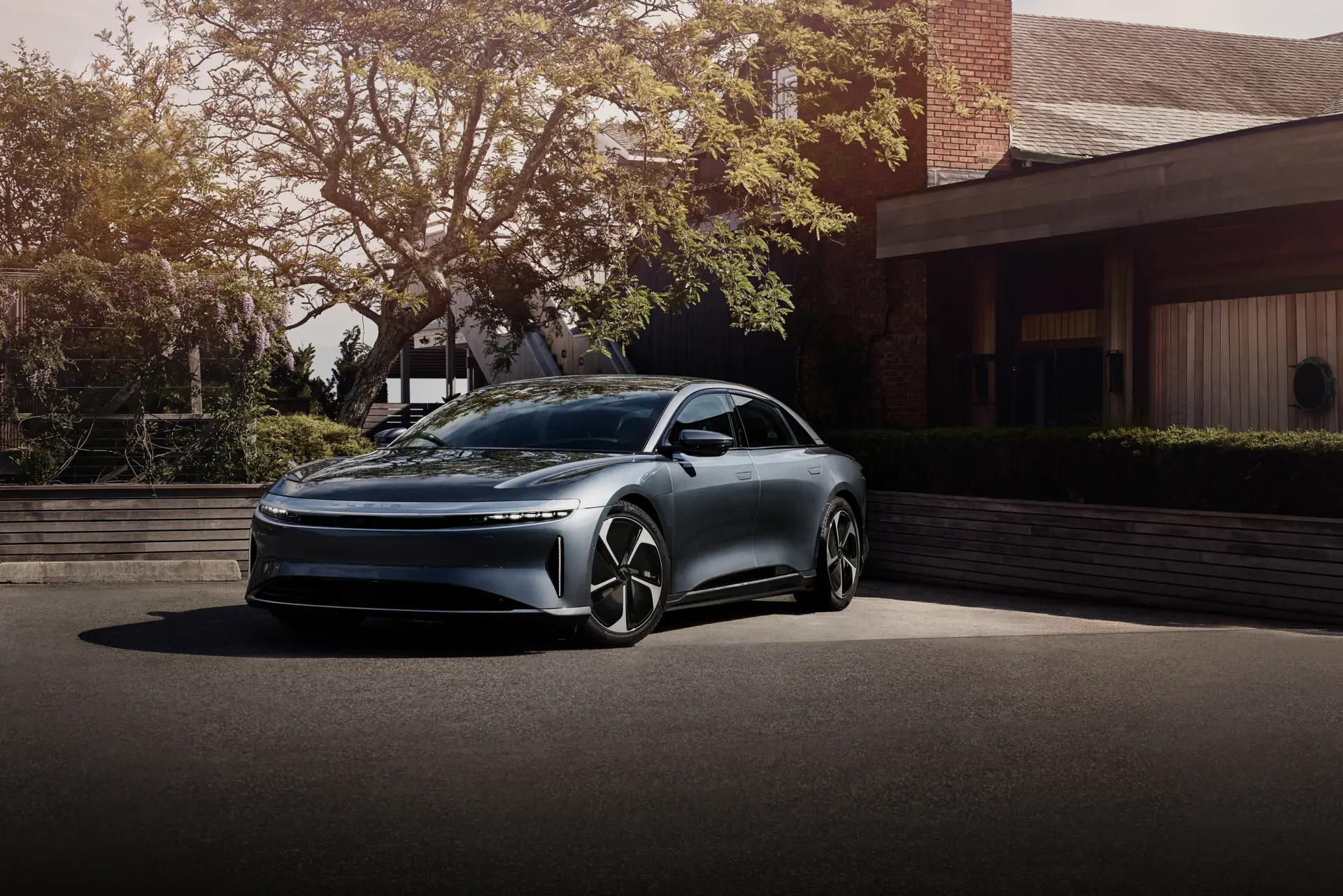
Lucid Motors
Originally a battery and electric drive unit supplier, Lucid quickly progressed to producing premium EVs, first in America, then to Europe, and in 2025 we can expect to see cars on the road here in the UK.
The Lucid Air has a range of up to 512 miles (based on American testing standards) and with access to a 350kW DC charger, you can expect to get an extra 200 miles in just 12 minutes.
Lucid is clearly not shy about packing power into their cars, as evidenced by the Air's maximum 1,234 horsepower and 0-60mph time of just 1.89 seconds, which probably explains why Aston Martin has chosen to include Lucid components in its new all-electric range.
What’s next?
With strong competition from well-established brands, evolving regulations, and a fair degree of market scepticism, it’s clear that some companies will find it easier than others to gain a foothold in the UK market.
There will also be the inevitable questions about service levels, long-term support, and secondhand values. Yet increased competition is generally good for fleet operators and drivers, as it drives innovation, improves driver choice and helps keep prices competitive. If you’d like to know more about any of these new brands and what they could mean for your business and drivers, just get in touch.

